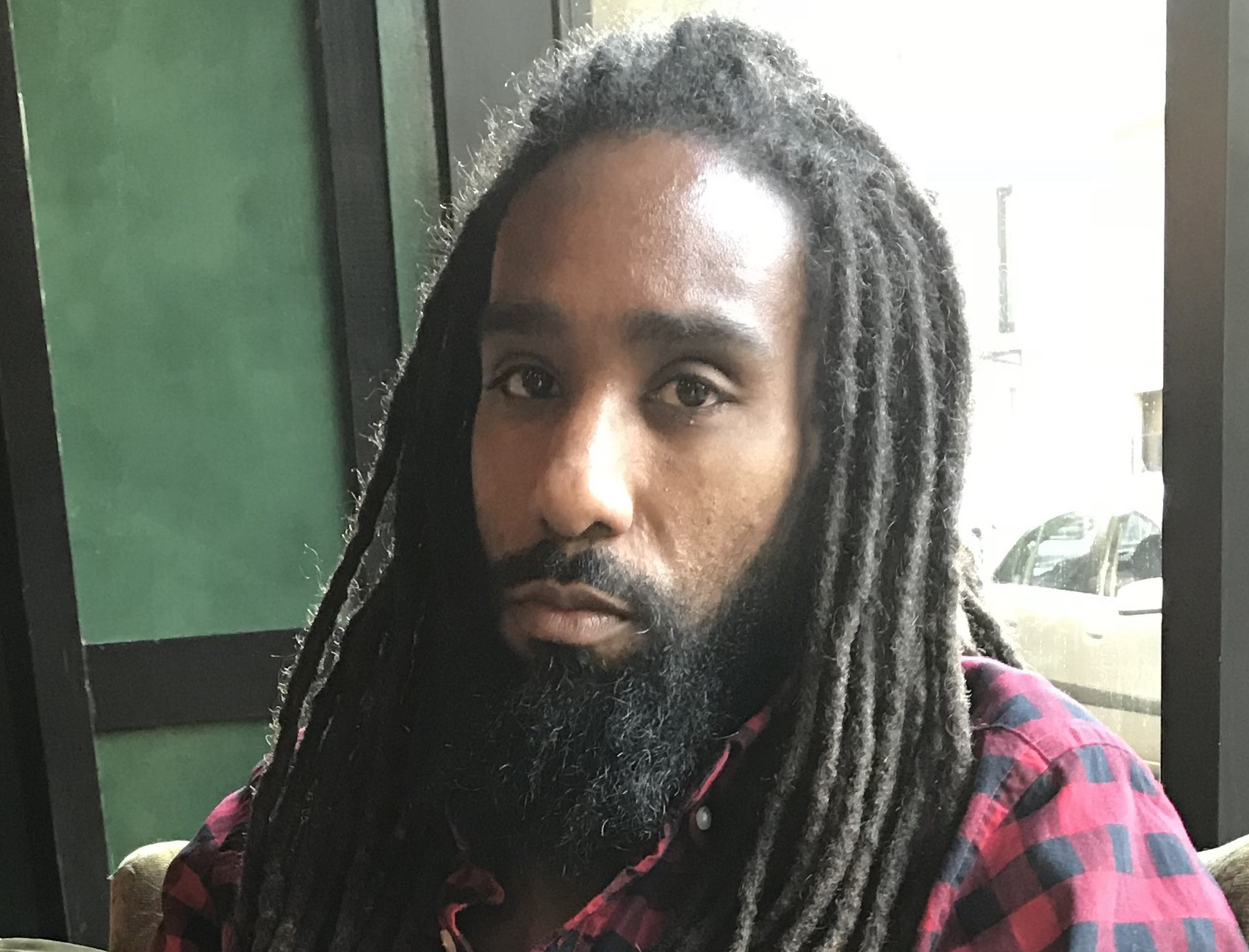|
James G. Cantres Associate Professor of Africana, Puerto Rican and Latino Studies, Hunter College; Department of History, Graduate Center of the City University of New York (Executive Board Member since 2023) James G. Cantres is an Associate Professor in the Department of Africana, Puerto Rican, and Latino Studies at Hunter College and in the Department of History at the Graduate Center of the City University of New York. He is a historian of the African diaspora whose work focuses on radical political formations spanning the Black Atlantic, migration, twentieth century upheavals within and across Black communities from the Caribbean to Britain, and patterns of African knowledge-making, resistance, and sovereignty in Africa, the Americas, and modern Europe. He is the author of Blackening Britain: Caribbean Radicalism from Windrush to Decolonization (Rowman & Littlefield, December 2020), a study detailing the social and political histories of community formation, race consciousness, anti-imperialism, and radical intellectual and artistic activism among Caribbean subject-citizens in Britain following World War II and through the period of decolonization, independence, and radical political action across Africa and the Caribbean. His ongoing research investigates the emergence of Black Power politics and the growing influence of troublesome non-state actors, as radical resistors in the period immediately following independence across the Black Atlantic. This work offers a nuanced examination of activists, intellectuals, labor organizers, movements, campaigns, and the development of radical ideologies that did not adhere to extant frameworks of post-colonial nation-state modalities in Jamaica, Trinidad, and Britain. This unique scholarly approach to recovering and centering the experiences of extra-national Black Atlantic historical subjects aims to craft a thorough and incisive narrative addressing how Black radicals engaged one another in the Caribbean, Britain, Africa, and Europe to contest the phenomenon of unbelonging and create “Black worlds.” His work has appeared in outlets including African and Black Diaspora, Public Books, Black Issues in Philosophy, and Global Hip Hop Studies. |






